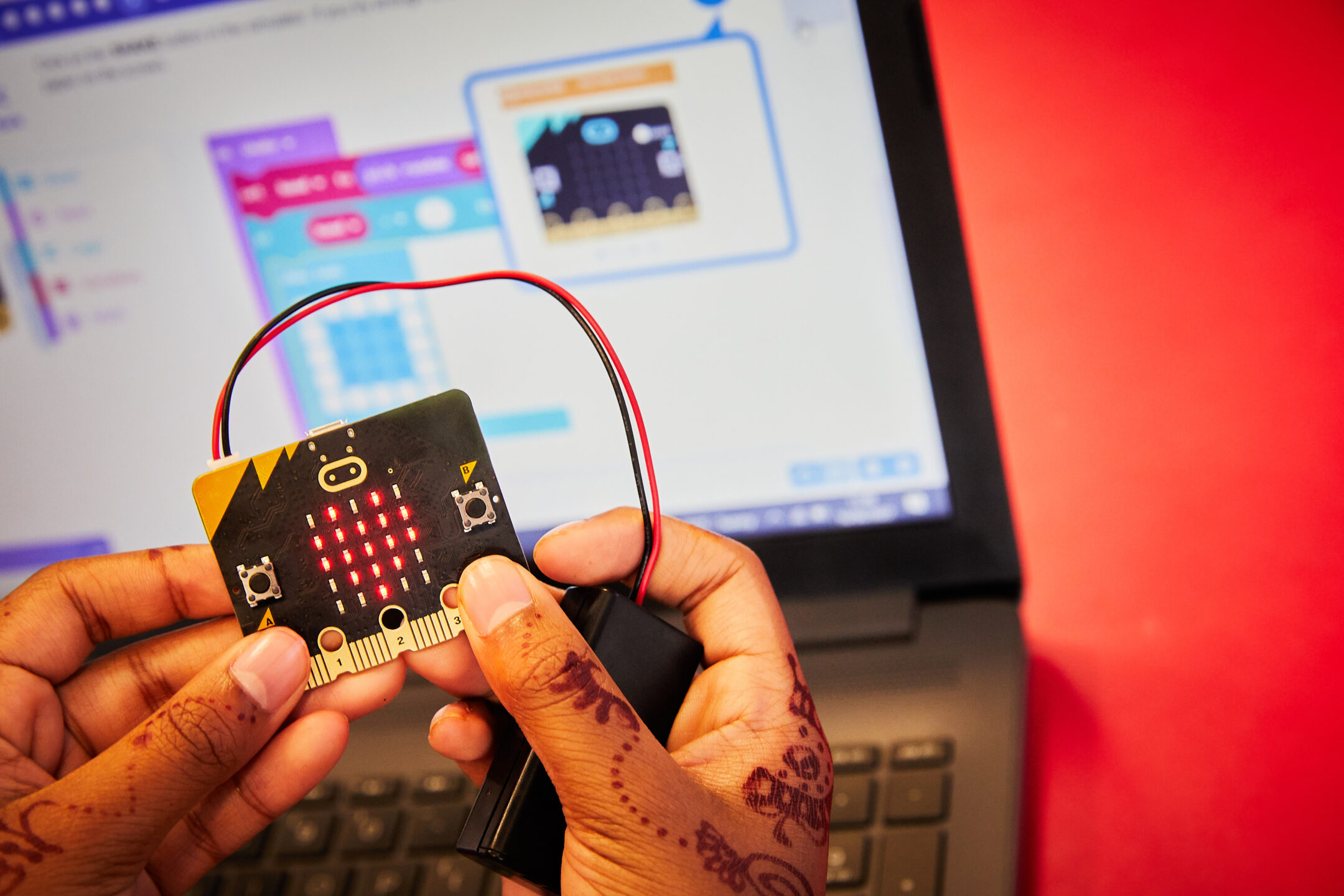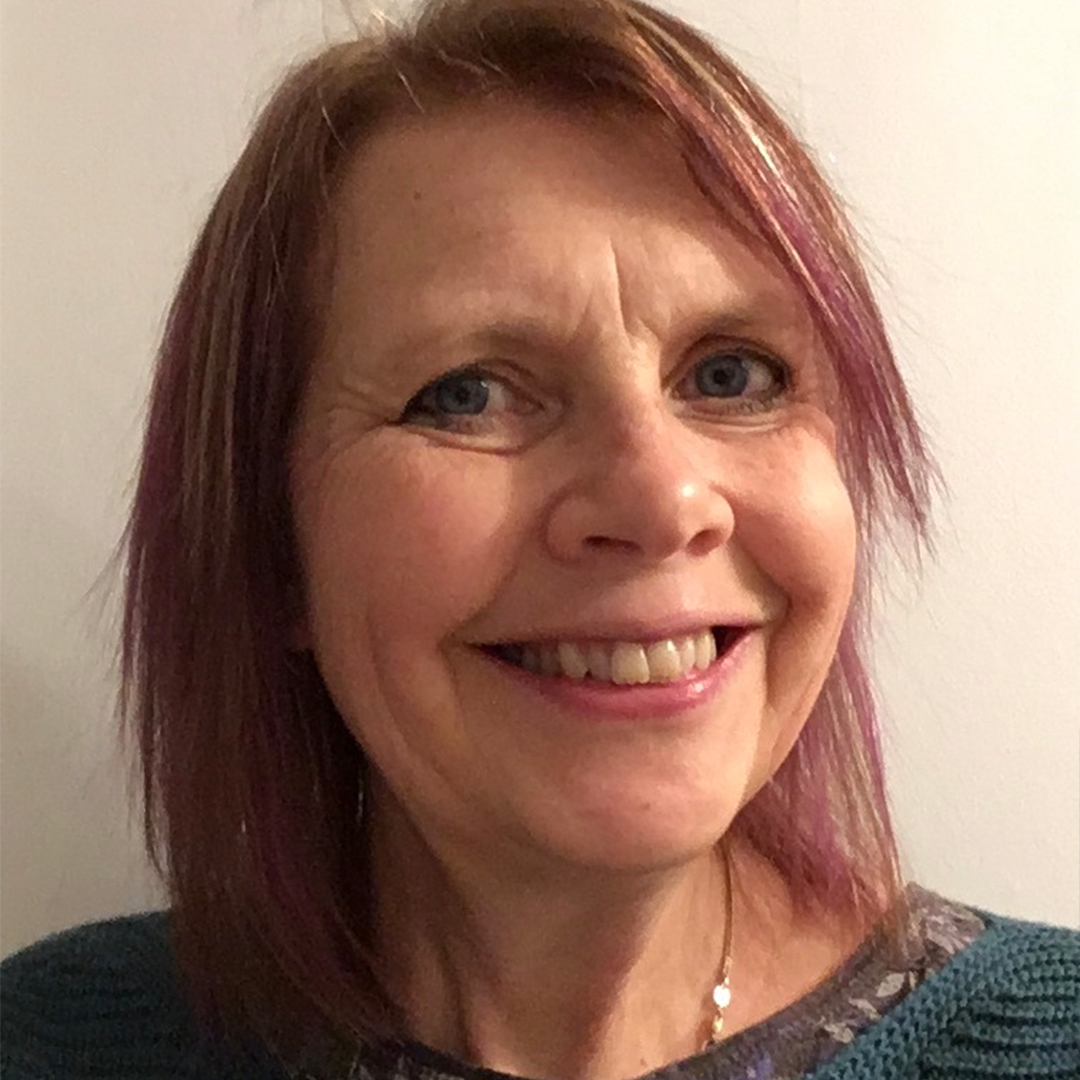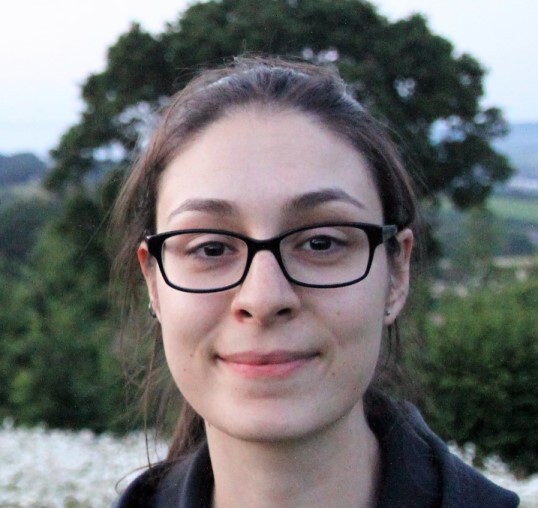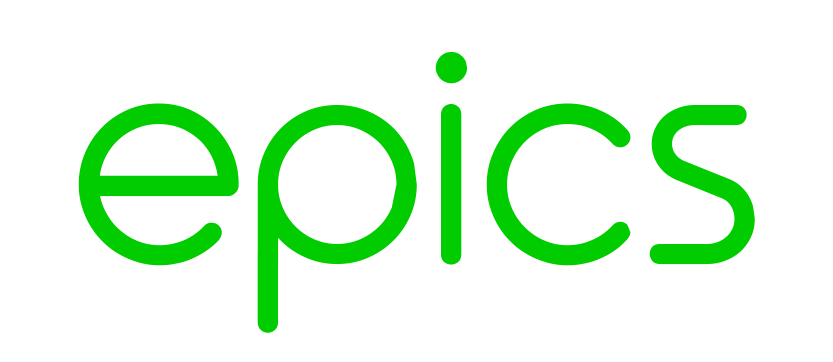
We are investigating how engagement with physical computing – for example, using the BBC micro:bit – can support the development of students’ interests and attitudes. This includes their creativity, technological self-efficacy, and technological agency. We’re also interested in how students’ teachers and parents might influence the development of their digital capital through these physical computing experiences. We will also be looking at whether there are any gender differences in how students engage with physical computing.



The project will run from March 2024 to February 2029, and is UK-wide, so we will be working with schools in England, Scotland, Wales and Northern Ireland. We will be working with a smaller group of primary schools over a five-year period and a larger group of primary and secondary schools.

We will work with a small group of children who are 8 and 9 years old (Y4 in England and Wales, P5 in Scotland and Northern Ireland) at the start of the programme and find out how their interests and attitudes develop over the five years. The research also involves engagement with their teachers and parents. To investigate this, we will be conducting interviews and focus groups with students, teachers and their parents.
We will also be working with a wider group of primary and secondary schools in the UK to see how schools’ use of physical computing changes over time. Annual surveys will be used to collect this data.
We are grateful to the generous donation provided by the Micro:bit Educational Foundation, the BBC, and Nominet, for allowing us to carry out this research.
Kalelioglu, F., & Sentance, S. (2020). Teaching with physical computing in school: the case of the micro:bit. Education and Information Technologies, 25(4), 2577-2603.
Sentance, S., Waite, J., Yeomans, L., & MacLeod, E. (2017, November). Teaching with physical computing devices: the BBC micro:bit initiative. In Proceedings of the 12th Workshop on Primary and Secondary Computing Education (pp. 87-96). (Open-access author copy)
Sentance, S., Waite, J., Hodges, S., MacLeod, E., & Yeomans, L. (2017, March). “Creating Cool Stuff” Pupils’ Experience of the BBC micro:bit. In Proceedings of the 2017 ACM SIGCSE technical symposium on computer science education (pp. 531-536). (Open-access author copy)